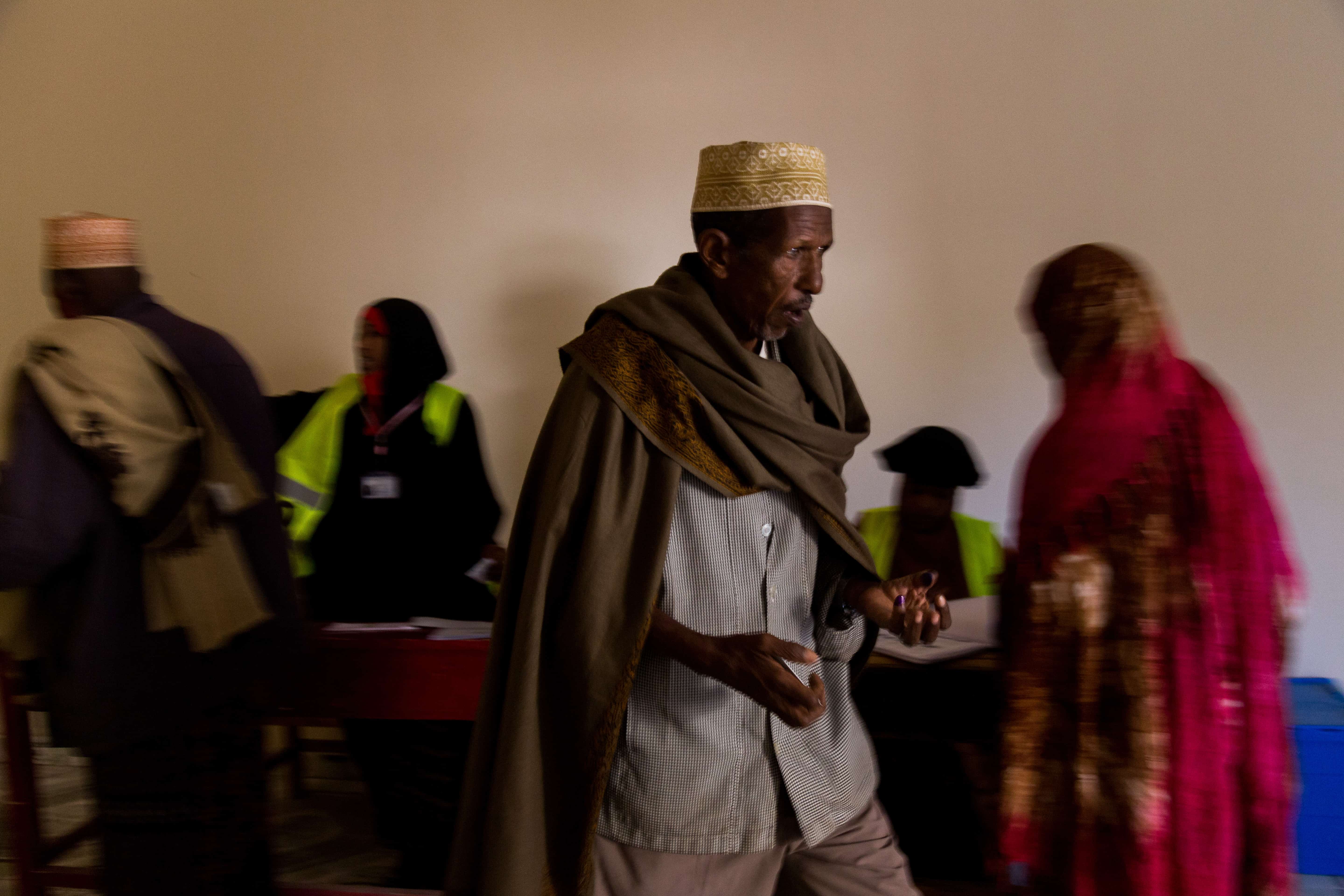Elections are group-based processes. Lines of individuals form at registration sites and polling stations. Polling stations are often crowded with voters, observers, poll workers and political party agents. Campaign rallies draw thousands of supporters to raise excitement among the party faithful.
In a time when experts are urging people to maintain physical distance to reduce the spread of COVID-19, it is a challenge to run key elements of an election and keep people healthy during a pandemic.
The vulnerabilities for transmission through electoral activities should be evaluated and mapped, and electoral policies and procedures should be examined through a “transmission lens” in order to reduce person-to-person contact and the potential for transmission.

Aux États-Unis, the National Council of State Legislatures has put forward guidelines on emergency management of elections due to COVID-19, which could be adapted to other contexts even where democratic structures aren’t as fortified as the U.S.’s. The policy options the council describes include increased use of absentee, mail-in and provisional ballots, as well as moving polling stations from long-term care facilities. The guidelines also examine whether the consolidation of several polling stations into one would better protect poll workers, as fewer would be required. Washington State, which conducts almost universal postal voting, has asked that voters seal the envelopes containing their ballots with a sponge or other device to avoid transmission through saliva. Presidential primaries have been delayed in such states as Ohio and Maryland, cependant, this is not an option for the November 2020 elections in general, although individual polling locations may see a suspension of voting activities for a period of time. Par exemple, the state of Missouri has postponed municipal elections until June 2.
The Electoral Assistance Commissions (EAC) has also published guidelines from vendors of election voting equipment on how best to clean and disinfect such equipment during election day. On the campaigning side, several states are amending their rules regarding conventions and assemblies in order to limit in-person events.
While these guidelines have been issued, they are a reaction and do not represent a preventative response to stay ahead of the curve. In many developing countries where we work, COVID-19 has not yet impacted the population with the same volume that it has in U.S. or Italy, giving countries an opportunity to be proactive. Pour faire ça, election officials should use a two-part programmatic approach that evaluates these vulnerabilities and undertakes a program of focused electoral assistance based on these findings.
Called a COVID-19 Electoral Impact Assessment, the tool should be developed and conducted to provide stakeholders with an assessment of the potential for the transmission of this virus through electoral activities, as well as recommendations on measures which can be taken to reduce the vulnerabilities for transmission through electoral activities.
A COVID-19 Electoral Impact Assessment would address the following areas, which could be used for any subsequent epidemics or pandemics:
- Electoral Legal Framework – to review the constitution, legislation, and administrative procedures and draft temporary amendments intended to reduce the vulnerability for transmission.
- Electoral Facility Management – to recommend a number of registration/polling sites to meet a targeted ratio of voters per site; to develop a “Polling Station Hygiene Kit” of disinfectants and sanitizers, and to adjust queuing policies to provide best physical distancing practices among voters and between voter and poll workers. En tant que tel, the assessment will make recommendations on registration/polling station configuration to allow sufficient physical space among electors, ouvriers, and observers. Prior to the registration exercise or election day, workers should be tested for the virus.
- Voter Education – to develop a program of voter education with instructions on how to conduct themselves during electoral activities to reduce the vulnerabilities for transmission and to encourage them to vote. This component will include monitoring social media for disinformation about the virus which may be intended for voter suppression.
- Alternative Voting Modalities – to examine the feasibility of employing alternative voting modalities to reduce the size of groups of voters including advanced voting, proxy voting and homebound voting.
- Campaign Practices – to engage political parties in a dialogue on abiding by a temporary set of campaign practices to reduce vulnerabilities for transmission.
- Electoral Security – to train the electoral security forces in new crowd control challenges emerging from the temporary procedural changes and the “traffic” at electoral facilities; as well as specific threats against individuals or groups connected to the presence of the virus.
The programming will also include an identification of the likely numbers of domestic and international observers, prioritizing their locations and focus, and propose monitoring techniques which reduce their risk of infection while observing the elections. The programming is intended as a countermeasure to report and document the electoral malpractice and violence which have been experienced in past elections.
Par conséquent, with the findings from the assessment, state, non-state and international stakeholders will be capable of crafting policies, pratiques, and assistance programming which will reduce the vulnerabilities for the coronavirus to be transmitted through electoral activities such as voter registration, campaign rallies and voting. By maintaining mechanisms for election monitoring and observation, the transparency and credibility of the conduct of the elections remain in the public sphere.
Enfin, by preserving an observation function, domestic and international stakeholders can still evaluate compliance of the elections to international standards and best practices, despite the presence of the virus in the country.
Taking this approach to addressing these vulnerabilities demonstrates the resiliency of democratic processes to remain participatory and yet protective of the participants involved.
Jeffrey Fischer is the Senior Electoral Advisor for the Communities in Transition division at Creative Associates International.